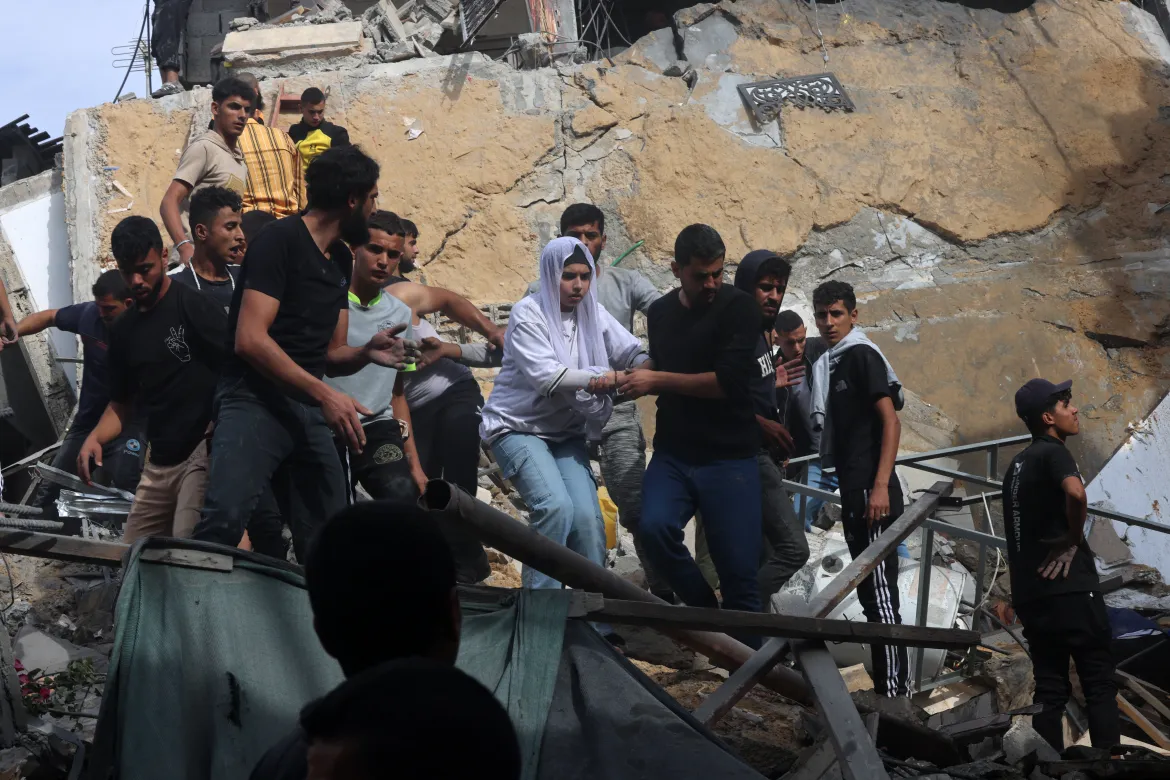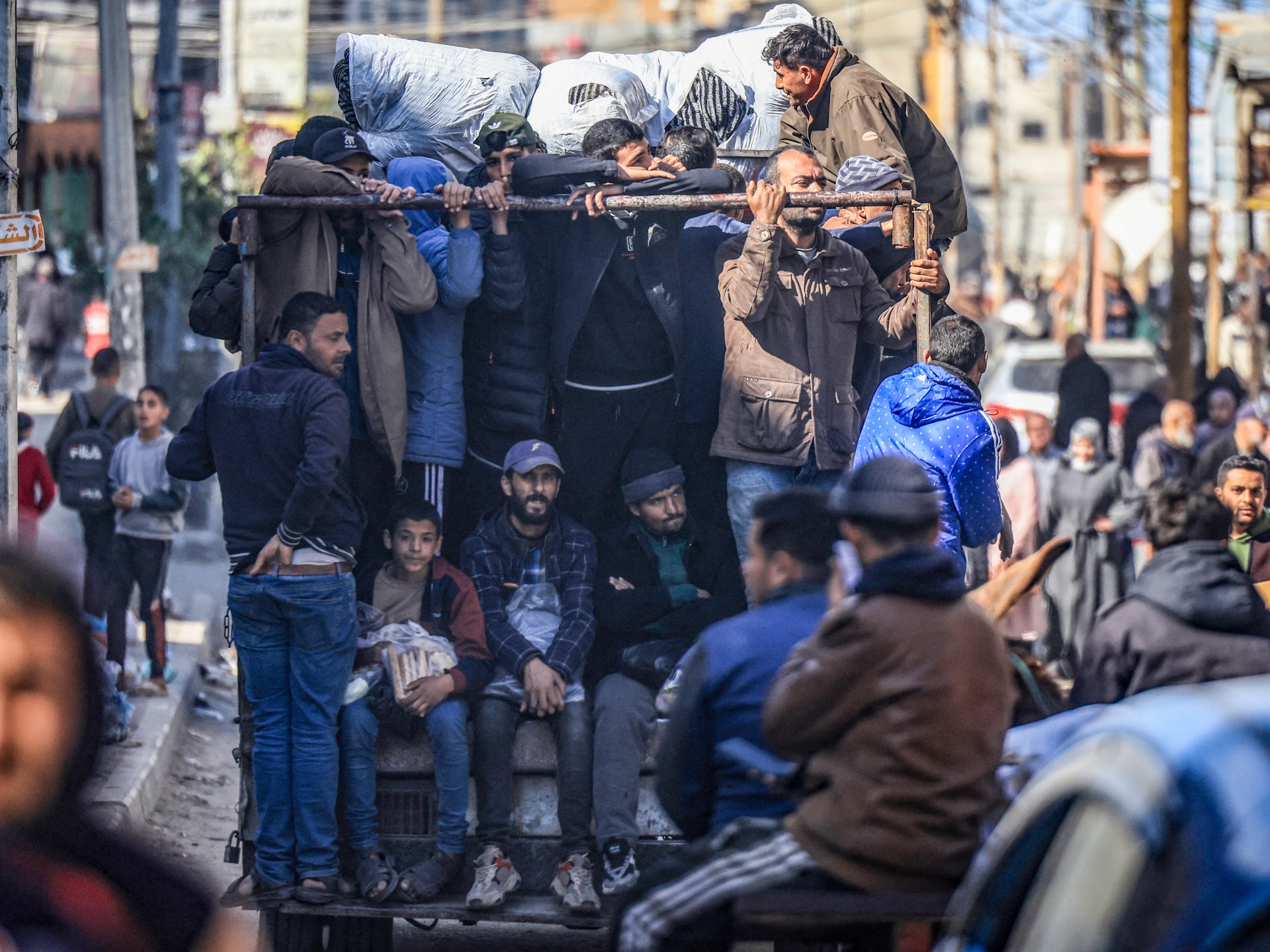Israel’s Defense Minister has announced that the next target for the Israeli military will be Rafah, the southern area previously designated as a ‘safe zone’ for Palestinian civilians.
The expansion of the ground assault into Rafah is causing fear among the displaced population and raising concerns from global aid organizations. Despite being declared a safe zone, Rafah is now under threat, and the flow of aid to the area is hampered by Israel.
Israeli Defense Minister Yoav Gallant stated on social media that the Khan Younis Brigade of the Hamas organization is disbanded, and the mission will continue into Rafah. He emphasized the commitment to continue the operation until the end, leaving no other option.

Israeli Military Targets Rafah, the Last Safe Haven for Displaced Gazans (Credits: Al Jazeera)
Rafah, near the border with Egypt, houses about 1.9 million of Gaza’s 2.3 million people, who are seeking shelter in residential buildings or sleeping in the streets without adequate protection or basic infrastructure. Al Jazeera’s Hani Mahmoud reported that the displaced population lacks essentials such as toilets, clean water, and suitable clothing, putting them at risk, especially with winter approaching.
The statement from Gallant has been criticized for showing a lack of concern for the people in Rafah, who are already facing desperate conditions. Many fear a potential massacre if Israeli tanks storm into the area, as it is the last refuge for Palestinians in Gaza before reaching the Egyptian border.
The UN and international human rights organizations have expressed alarm as the Israeli military expands its ground operations in southern Gaza.
Israeli soldiers and tanks have encircled Khan Younis in recent weeks, causing thousands of casualties and forcing hundreds of thousands to flee towards Rafah. Hospitals in Khan Younis have been under heavy siege, with patients, medical staff, and displaced Palestinians trapped inside.
The UN’s humanitarian office has raised concerns about the escalating hostilities in Khan Younis, emphasizing the increase in internally displaced people seeking refuge in Rafah. The situation in Rafah is described as a “pressure cooker of despair,” and there are fears about what comes next.
These developments occurred after the International Court of Justice (ICJ) issued a provisional ruling, directing Israel to take measures to prevent genocidal acts in Gaza and allow more humanitarian aid into the strip.
Talks to temporarily stop the war between Israel and Hamas are ongoing with mediation from the United States, Qatar, and Egypt, but the likelihood of an agreement preventing Israel’s ground incursion into Rafah seems uncertain.























